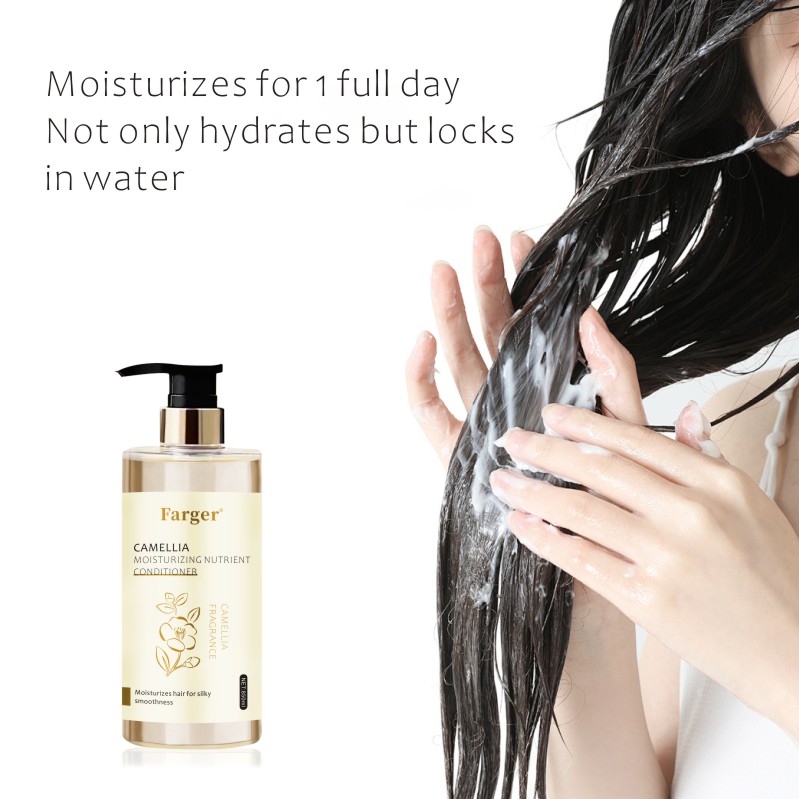Introduction
Have you ever wondered what would happen if you stopped using shampoo? Will your hair start smelling awful, or will it naturally balance itself? Many people are shifting towards more natural hair care routines, but there’s always the concern of hygiene and odor. Let’s dive into what really happens when you ditch the shampoo and whether your hair will actually stink.
Understanding How Hair Develops Odor
What Causes Hair to Smell Bad?
Just like your skin, your scalp produces oils and accumulates sweat throughout the day. If not cleaned properly, these natural substances can mix with bacteria, fungi, and external pollutants, leading to an unpleasant odor.
Natural Oils and Scalp Buildup
Sebum, the oil your scalp produces, is essential for keeping your hair hydrated and healthy. However, when it builds up excessively, it can trap dirt and create a greasy, smelly environment.
The Role of Bacteria and Fungi
The scalp is home to various microorganisms, and when sweat, oil, and dead skin cells accumulate, bacteria and fungi thrive, leading to unwanted smells.
What Happens When You Stop Using Shampoo?
The Scalp’s Natural Oil Production
Shampoo strips away natural oils, prompting the scalp to produce more sebum. When you stop using shampoo, your scalp takes time to adjust, and oil production may remain high for a while before stabilizing.
Transition Period: The Greasy Phase
Most people experience a transition period where their hair feels extra greasy and, in some cases, smells unpleasant. This phase can last a few weeks as your scalp regulates its oil production.
Does Water-Only Washing Prevent Odor?
Rinsing your hair with water can remove some dirt and sweat, but it may not eliminate all odor-causing bacteria. Some people find that water-only washing is enough, while others need additional natural cleansing methods.
Factors That Influence Hair Odor Without Shampoo
Hair Type and Texture
Curly and coarse hair tend to absorb oil differently than fine, straight hair. People with oilier scalps may experience more odor than those with drier hair.
Diet and Lifestyle
What you eat affects your scalp’s oil production and odor. Spicy foods, garlic, and onions can make sweat and sebum smell stronger.
Climate and Environmental Exposure
Hot, humid weather increases sweat production, which can contribute to scalp odor. Air pollution and smoke can also make hair smell unpleasant.
Alternatives to Shampoo for Fresh-Smelling Hair
Water-Only Washing
Washing with water and massaging the scalp can help remove some buildup, but it may not be enough for everyone.
Co-Washing (Conditioner Washing)
Using a gentle conditioner instead of shampoo can cleanse hair while keeping it moisturized.
Herbal and Natural Rinses
Rinsing hair with apple cider vinegar, lemon juice, or tea infusions can help remove buildup and neutralize odors.
Dry Shampoo and Absorbing Powders
Natural powders like cornstarch, arrowroot, or clay absorb excess oil and help refresh hair between washes.
Essential Oils for Fragrance and Scalp Health
A few drops of tea tree, lavender, or peppermint oil can keep hair smelling fresh while promoting scalp health.
Myths and Truths About Shampoo-Free Haircare
Will My Hair Clean Itself Naturally?
The idea that hair “cleans itself” is partly true—natural oils can condition hair, but without occasional cleansing, buildup and odor can still occur.
Is Using Shampoo Necessary for Hygiene?
Not necessarily! Many people maintain clean, fresh-smelling hair with alternative methods.
Do Celebrities and Influencers Really Avoid Shampoo?
Some celebrities claim to skip shampoo, but they often use alternative cleansing techniques to keep their hair fresh.
How to Keep Hair Smelling Fresh Without Shampoo
Scalp Massages and Brushing Techniques
Brushing with a boar bristle brush helps distribute oils evenly and prevents buildup.
Using Vinegar and Citrus Rinses
Apple cider vinegar and lemon rinses remove odors and balance scalp pH.
Choosing Breathable Hairstyles
Loose styles allow air circulation, preventing excess sweat buildup.
When Should You Consider Using Shampoo Again?
Signs Your Hair Needs a Deep Cleanse
If your scalp becomes itchy, flaky, or excessively greasy, it may be time for a gentle shampoo wash.
Balancing Natural Oils with Occasional Washes
Even if you avoid shampoo daily, occasional use can help remove stubborn buildup while maintaining natural oils.
Conclusion
So, will your hair stink if you stop using shampoo? Not necessarily! While your scalp will go through an adjustment phase, using natural alternatives and maintaining good hygiene can help keep your hair fresh and odor-free. Whether you choose to skip shampoo entirely or use it sparingly, understanding your hair’s needs is key to a balanced routine.
FAQs
- How long does it take for hair to adjust without shampoo?
It varies, but most people experience a greasy phase lasting 2-6 weeks before their scalp adjusts. - Can I wash my hair with just water every day?
Yes, but water alone may not remove all buildup, so occasional natural rinses may help. - Will my hair always smell bad if I don’t use shampoo?
Not necessarily—proper scalp care and natural cleansing methods can keep hair fresh. - What are the best natural alternatives for keeping hair fresh?
Vinegar rinses, herbal infusions, and essential oils are great options. - Does using shampoo too often make hair smell worse when stopping?
Yes, frequent shampooing can make the scalp overproduce oil, making the transition period more intense.

